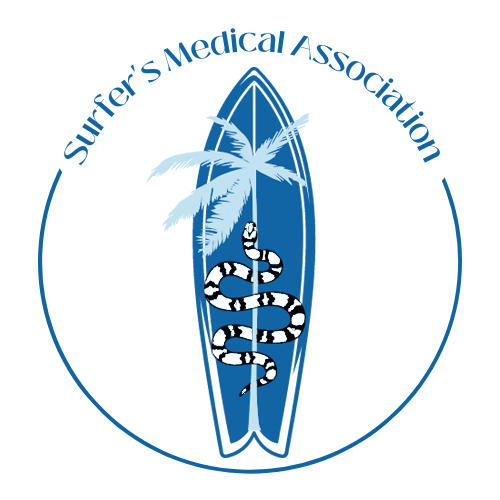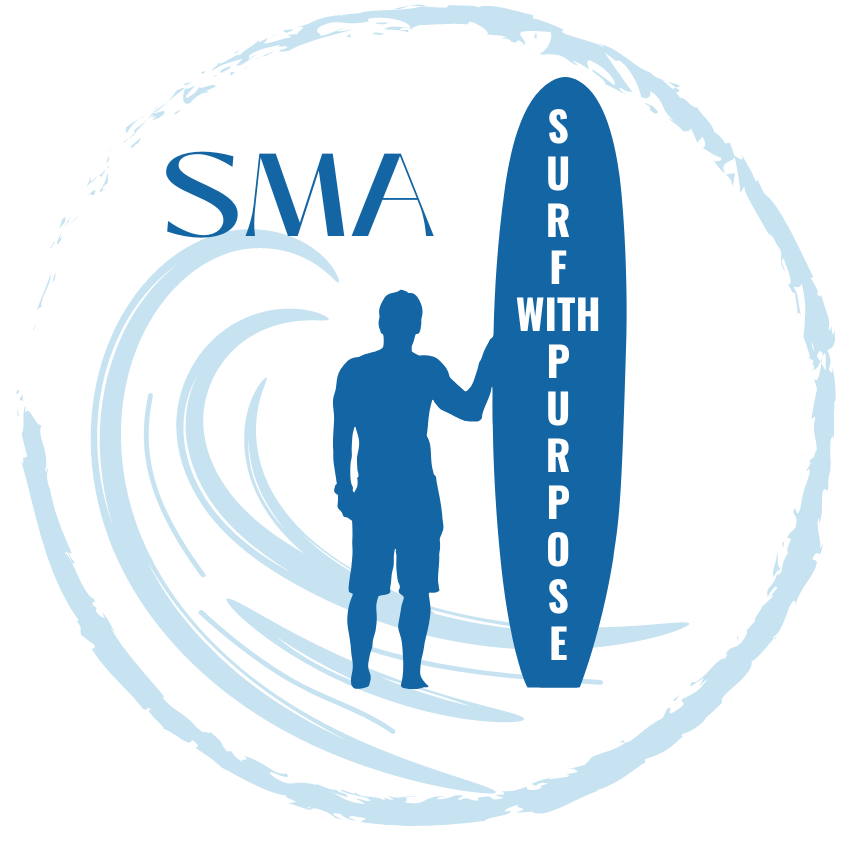Jellyfish stings: Can we stop peeing on each other now?
Jellyfish stings: Can we stop peeing on each other now?
by Barbara Kozminski
We’ve all heard some weird first aid advice for jellyfish stings. For such a common injury, what is actually recommended? The literature is undecided about a lot of options, but here are the best-supported treatments.
- Remove any embedded tentacles: The tentacles can continue to secrete venom if they are still in the skin. Seawater can do the trick, just watch not to rub too hard as it can cause more irritation.
- Immerse in hot water: Get the affected area in water from 40 to 45°C (104 to 113°F) for about 20 minutes. This has been shown to decrease pain in Hawaiian box jellyfish and Portuguese man-of-war stings but may also help with stings from other species.
- Other measures that may relieve pain: Other pain management can include calamine lotion, lidocaine cream, antihistamine cream, or topical corticosteroid creams. These are not well supported but may provide some relief.
What’s not recommended:
Cold therapy, acetic acid, papain meat tenderizer, baking soda, or human urine. These simply don’t have enough support in the literature for their use.
Treating sea urchin injuries:
The treatment of sea urchin injuries is actually pretty similar. Check out this original research literature review from the SMA Surfing Medicine Journal: http://surfingmedicine.com/wanna-pee-on-my-wana-sea-urchin…/
Sources:
Erin N Marcus, MD, MPH, FACP, Geoffrey K Isbister, MD. Jellyfish stings. UpToDate. Waltham, MA: UpToDate Inc. http://www.uptodate.com (Accessed on August 25, 2018.)
Yanagihara AA, Wilcox C, King R, Hurwitz K, Castelfranco AM. Experimental assays to assess the efficacy of vinegar and other topical first-aid approaches on cubozoan (Alatina alata) tentacle firing and venom toxicity. Toxins (Basel). 2016;8(1). PMID: 26761033 www.ncbi.nlm.nih.gov/pubmed/26761033
Wilcox CL, Yanagihara AA. Heated debates: Hot-water immersion or ice packs as first aid for cnidarian envenomations? Toxins(Basel). 2016;8(4). PMID: 27043628 www.ncbi.nlm.nih.gov/pubmed/27043628

